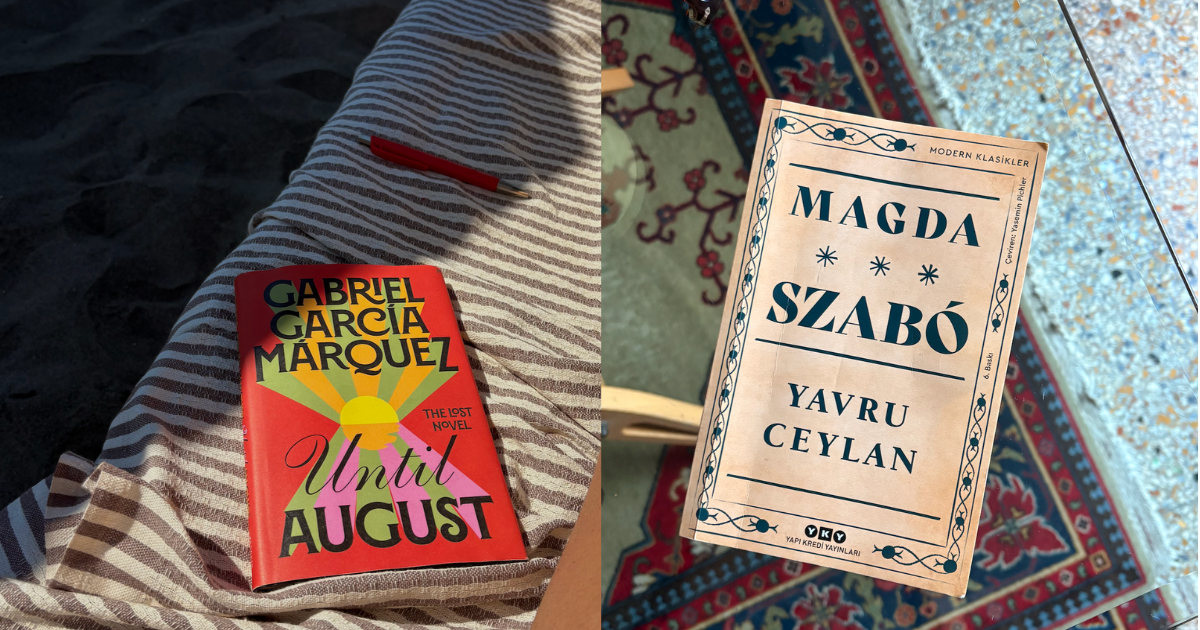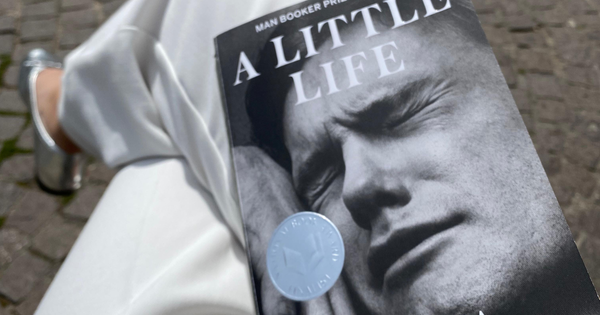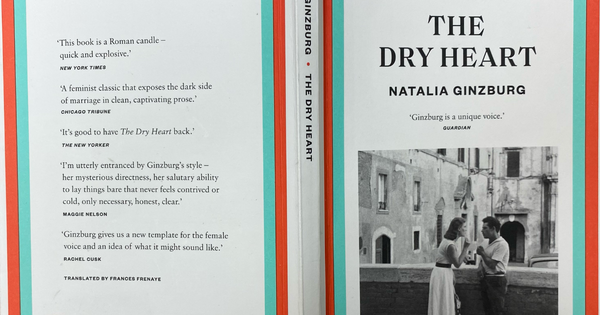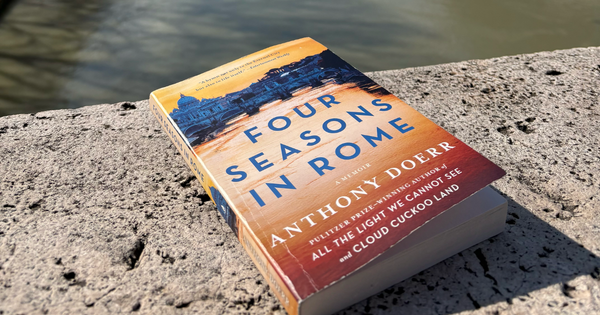From Magda to Gabo | June Reads

Well — two books. Huge expectations. Magda Szabó never fails. And Márquez… especially his sons — why?
The Fawn by Magda Szabo
Oh my god — another time, I know, but every Magda Szabó book I read exceeds the one before. I genuinely cannot believe it.
The Fawn is a monologue that dances back and forth in time, gradually building toward an ending where the past is laid bare. It’s a monologue that our main character — some might call her an anti-hero, but to me, she’s just broken — Eszter delivers to an unnamed partner. Only later do we learn his name. There’s a mystery, too, because you don’t know what’s coming, or why Eszter harbors such deep hatred toward Angéla.
And then you realize the most heartbreaking thing: Eszter never had a childhood. She was never her parents’ first choice. And excuse me, but if you’re going to bring a child into this world, you have to put that little human first. I feel so blessed to have had my parents. I’ve always felt fortunate to be deeply loved by both of them while growing up, and honestly, sometimes I feel ashamed when I witness children who didn’t have the same chance. Every child deserves to be loved and put first.
In this story, Eszter is doing housework in harsh conditions in Hungary — most of all, she is drowning in poverty. They are poor because of her father’s nonsense. And again, if you have a child, you have responsibilities. Screw your idealist way of living — your ideas and your pride. He’s not working, then he’s sick, and her mother just dotes on him. They are each other’s whole world and do everything for one another. They’re not actively cruel to Eszter — but sometimes, not loving someone is the worst form of cruelty.
Once you witness this childhood — this life where she’s never been anyone’s first choice — you understand her struggle in relationships, especially with her romantic partner and with Angéla, who becomes her greatest enemy. Eszter hates her with all her heart because Angéla represents everything Eszter never had: people who adored her, comfort, opportunity, money, even a fawn. And thanks to Magda Szabó’s brilliance, you feel Eszter’s anger and disappointment in every single word.
And I believe the love she had for the male character wasn’t pure love. All that hatred she carried for Angéla found its way into that relationship too. But in the end… anyway, I won’t spoil it — but it was brilliant. And through it all, readers get to witness the conditions of Budapest in the 1950s. Personally, it pushed me to research more about that period in Hungary.
Just read this book. And again, Netflix — we need to talk.
Until August by Gabriel Garcia Marquez
The original title is En Agosto Nos Vemos, but I’d personally call it Por favor, no nos vemos. Until August, written by Gabriel García Márquez — the great author whose themes I generally don’t like (because, let’s be honest, some of those love stories have a pedophilic undertone that makes me uncomfortable). I’m sure I’ve mentioned this before. But still — who am I to judge his literary talent, his storytelling, or the simple fact that he was, and always will be, one of the greatest novelists of all time?
That said, I fully understand why he didn’t want this book to be published. And I can’t help but wonder if his sons decided to release it after his death… maybe for money? Because let’s be real — this is not a piece of literature. It’s more like one of those books you find tossed in a corner of the bookstore under the section titled “TikTok made me read it.”That’s the level we’re dealing with.
We have a woman — seemingly happily married, two kids, a handsome and respected husband — and then she travels back to the island where her mother is buried. Every August 16, she’s there. Then she starts having one-night stands. Cue the existential crisis. And that’s about it. This could have been a better story. Maybe a novel. Honestly, maybe a novella. But the problem is that there’s no depth. No foundation for the characters. No grounding in the storylines. She goes to an island. She has sex. She comes back. She feels guilty. That’s all.
This is definitely not your typical Gabriel García Márquez. But, I’ll give it this — it’s a one-day read. I started at 10 a.m. on a beach day and wrapped it up by 3 p.m. Perfect for a light, easy read. Just… try to forget that this came from Gabo.
As for the story itself: again, it could have been better. But there are so many missing links — between the trips to the island, between her and her family, her relationship with her husband. A deeper exploration of their dynamic, maybe a nod to his past infidelity? Nope. We get none of that.
And don’t even get me started on the editor’s note. I understand he was passionate about this book, but constantly bringing up García Márquez’s illness felt like a stretch. This book was written before some of his best work, so why act like the illness explains its shortcomings? It’s not a masterpiece. Let’s just accept that. And to his sons… guys, seriously — are you that broke?
Some things must be left uncovered.




